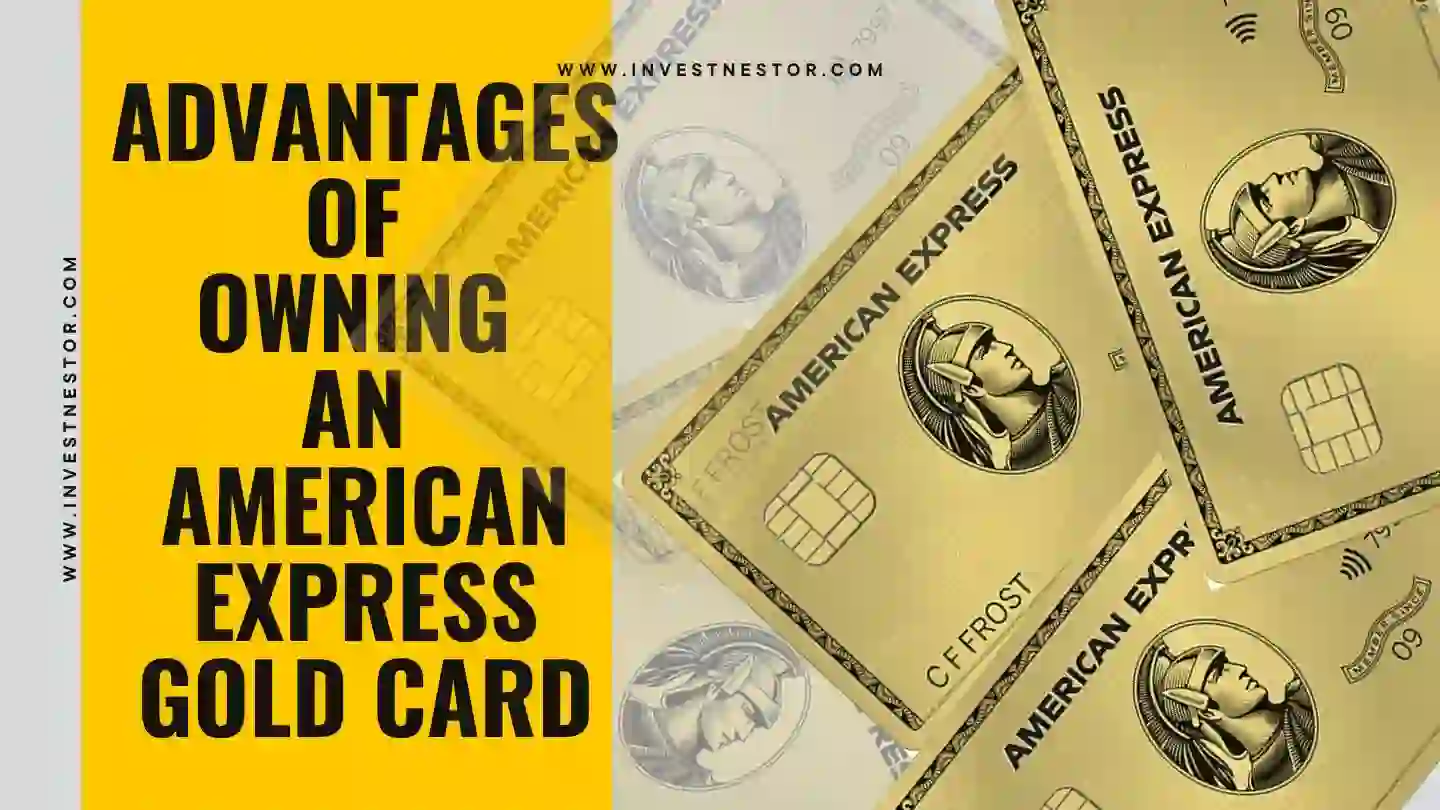
How to Make the Most of Student Credit Cards: Are Student Credit Cards Worth It?
Students are often tasked with navigating the financial world with little experience. How does one build a good credit score? What are the student credit card risks? Credit card companies used to make offers or provide freebies to college students for them to obtain student credit cards.
In earlier times, due to financial reforms, Credit cards were difficult to acquire for young adults and students. Ready to build credit? Apply for a student credit card now! Let's explore the benefits of student credit cards and get down to the specifics.
Key Highlights
Student cards are more likely to come with benefits like a free year of Amazon Prime or discounts at a big bookshop. In contrast, regular cards frequently give incentives through cashback or airline miles.
Starting with a lower credit limit, which can vary from $200 to $1,000 or more, these cards are designed to minimize the risk for the card issuer.
For students under 21, it's possible to get a credit card without independent income.
Contrary to popular belief, student credit cards come with high-interest rates, often exceeding 20%.
What is a Student Credit Card?
Student credit cards bear a resemblance to regular credit cards, albeit customized to cater specifically to the financial requirements of college and university students. These cards are provided to students who possess little or no credit history to facilitate easier access to credit. They also come with benefits like incentives for student-focused purchases like dining out, streaming services, and Amazon online shopping.
How Do Student Credit Cards Work?
Like regular credit cards, student credit cards help improve credit and financial literacy but may have higher interest rates and reduced credit limits. They often have safety nets for cautious spending and provisions to waive initial late payment penalties. Delving deeper into their operation:
Application
To avail of a student credit card, you typically must be enrolled at a college or university. You may have to produce proof of your student status, like your college ID or transcript.
Credit Limit
Starting with a lower credit limit, which can vary from $200 to $1,000 or more, these cards are designed to minimize the risk for the card issuer. The lower limit also ensures the cardholder doesn't accrue excessive debt.
Interest Rates
Since students are considered high-risk borrowers, owing to their scant or non-existent credit history, student cards usually come with higher interest rates. Avoid interest payments by striving to clear the balance every month.
Rewards and Benefits
Many of these cards offer rewards or cash back for certain types of spending. Some even provide perks like a statement credit for maintaining good grades or free monthly FICO score checks.
Building Credit
Building credit with a student credit card is a crucial benefit. Responsible usage over time, characterized by paying your total balance promptly, can optimistically influence your credit score.
Annual Fee
Most student credit cards don't charge an annual fee, though it's always prudent to comb through the terms and conditions.
Safety Features
To compensate for the lack of experience in managing credit, some cards feature alerts for overspending or a waiver for the first late payment fee.
Graduating to a Regular Card
After several years of good credit management, you may qualify for a regular credit card with a greater limit and more features.
Age and Income Requirements: What Does it Mean to Have a Student Credit Card?
Knowing the nuts and bolts of your credit card can be genuinely empowering, especially when it involves understanding specifics about age and income criteria. Student credit cards are more complex than they appear.
Getting a Credit Card Before Turning 21
For students under 21, it's technically possible to get a credit card without independent income. Credit card applications often require a trustworthy co-signer, like a parent or responsible adult.
Tip: Late payments might hurt your credit score. Always be mindful of your due dates!
Post-21 Credit Card Applications
Once you cross the threshold of your 21st birthday, the rules around credit card applications lighten up a bit more. You are required to demonstrate some form of income but have the flexibility to include income from a partner or spouse for verification.
The Plus Points: What is the Benefit of a Student Credit Card?
A student credit card offers plenty of benefits:
Building Your Credit
A well-maintained student credit card can be the stepping stone to a high credit score, making major life milestones, including car purchases or securing a mortgage. Whenever you use a student credit card, the issuer notifies the central credit agencies of your account activity.
Credit scores are based on the credit records that the credit bureaus gather about you. Credit scores indicate financial responsibility and risk to lenders. A higher credit score makes buying a car or securing a mortgage easier. Credit scores typically fall between the range of 300 and 850, with 670 considered "good" credit.
Emergency Funds
Ideal emergency funds contain three to six months of financial expenses. For unanticipated costs like auto repairs, younger folks who may have yet to establish an emergency fund may have to rely on credit cards.
Potential Rewards
Like several credit cards in the current industry, student credit cards frequently provide extra advantages. Student cards are more likely to come with benefits like a free year of Amazon Prime or discounts at a big bookshop. In contrast, standard cards frequently give incentives in the form of cashback or airline miles.
What's the difference between a student credit card and a regular credit card?
Most people may ask, "Credit cards are all the same, right?" Well, wrong! Student credit cards and regular credit cards come with stark differences that you need to know about.
Credit Eligibility
Compared to most good regular credit cards, student credit cards focus less on applicants' credit scores. Student credit cards are meant for first-time credit users.
The Credit CARD Act of 2009 requires under-21 students to demonstrate independent income or obtain a co-signer. Student creditworthiness is based on their capacity to service credit card debt, not their credit history independently.
Did you know? The rewards or cash back you get from a student credit card are generally lower than a regular credit card.
Credit Limit & APR
Student credit cards have smaller credit limits and higher APRs than regular cards because they don't know your creditworthiness. Unpaid balances incur extra interest with a higher APR. These limits may seem like a drawback, but they educate young individuals on financial discipline and credit responsibility.
Rewards or Cash Back
With student credit cards, your rewards or cash back might be lower than you expect through a regular card. However, rewards are a bonus, not the purpose of the card. The primary purpose of a student credit card is to build your credit history.
What happens to your student credit card after graduation?
Graduation brings about a change of status - from a student to a professional. This transition also references your student credit card status.
Automatic Upgrade
After graduating, your card issuer may update your credit card to the non-student version. They typically send you the new card in the mail, and you just need to activate it for use.
Requested Upgrade
In some instances, if your card issuer doesn't automatically reclassify your credit card, you might be able to request a product change to a different card they offer. Product changes are limited to cards in the same family.
Applying for a New Card
Apply for a different card from your issuer to try something fresh. If you want a sign-up bonus or a card that won't change products, this is especially true. Guess what? You can apply to many card issuers! This may result in a hard credit inquiry, lowering your credit score briefly, but careful preparation may overcome this.
What are the disadvantages of having a credit card as a student?
Textbooks, groceries, and emergencies may make student life expensive. Some students rely on credit cards for money. But their enticing nature hides several drawbacks. We'll discuss student credit card risks to help you decide.
Credit Limit Constraints:
First on our list is the lower credit limit. Typically, student credit cards possess much lower credit limits than traditional cards - often just a few hundred dollars. While this might seem like a wise measure to prevent overspending, the reality often proves to be different.
Unexpected Situations and Squeezed Budgets
Imagine having a significant unexpected expense - a vehicle breakdown, emergency medical need, or perhaps a broken laptop essential for your studies. With the paltry credit limit, your card can quickly max out, leaving you scrambling for financial alternatives during an already stressful time.
Essential Expenses - Regular Small Charges Add Up Fast
Regular student expenses such as books, groceries, and transportation can quickly accumulate on your card. These repeated small charges might seem trivial initially, but they can unexpectedly drive up your credit utilization ratio, affecting your budding credit score negatively.
Interest Rates: The Stealthy Wealth Drain
Contrary to popular belief, student credit cards come with high-interest rates, often exceeding 20%. If you diligently pay your full balance due each month, this might not be a pain point. However, if you cannot clear your debt entirely, the interest can rapidly pile up into a daunting amount.
Beware of the Hidden Fees
On top of high-interest rates, many student cards carry additional financial burdens such as annual fees, International transaction fees, or late payment fees. Shopping around for a card may help you find one with lesser charges, but often, these fees are an unavoidable part of student credit card ownership.
The Risk Maze: Take a Wrong Turn and Your Credit Score Can Suffer
Your credit score may not improve due to cautious control of bill payments. However, late payments or heavy credit use might damage it. Despite your modest spending limit, mismanaging your student credit card might hurt your credit score. Plan carefully and monitor your finances.
The Bottom Line
Overall, student credit cards are an excellent tool for young people to start building credit. Their regulations, limits, and benefits differentiate them from regular credit cards. Plan your credit card move or upgrade as graduation approaches. Remember, financial health is as important as your physical health!
Before plunging into the student credit card risks, ensure you understand the fine print and can manage your card responsibly. Ready to navigate the financial world with your student credit card? Remember, it's just a tool, and its effectiveness lies in your hands. Use credit wisely, and your financial future will thank you.
FAQs
Do student cards affect credit scores?
Although having a student checking account will not directly affect your credit score, how you maintain and utilize your student credit card will have an impact.
Can students get credit cards without income?
Without a credit score or monthly income, students' credit card eligibility depends on their age. Credit card holders must usually be 18 or older.
Is getting a credit card as a student beneficial?
Yes, if you use your credit card correctly, having a credit card as a student may help you build a solid credit history.
Do student credit cards have a limit?
Definitely, student credit card limits are usually much lower than traditional ones. Based on your income and your creditworthiness, this can be as low as $100 or $200.
Can students get approved for regular credit cards?
If a student meets the income requirements, they might qualify for a regular credit card. Yet, their overall creditworthiness will also come into consideration.
Suggested Articles:





0 Comments
Add a comment